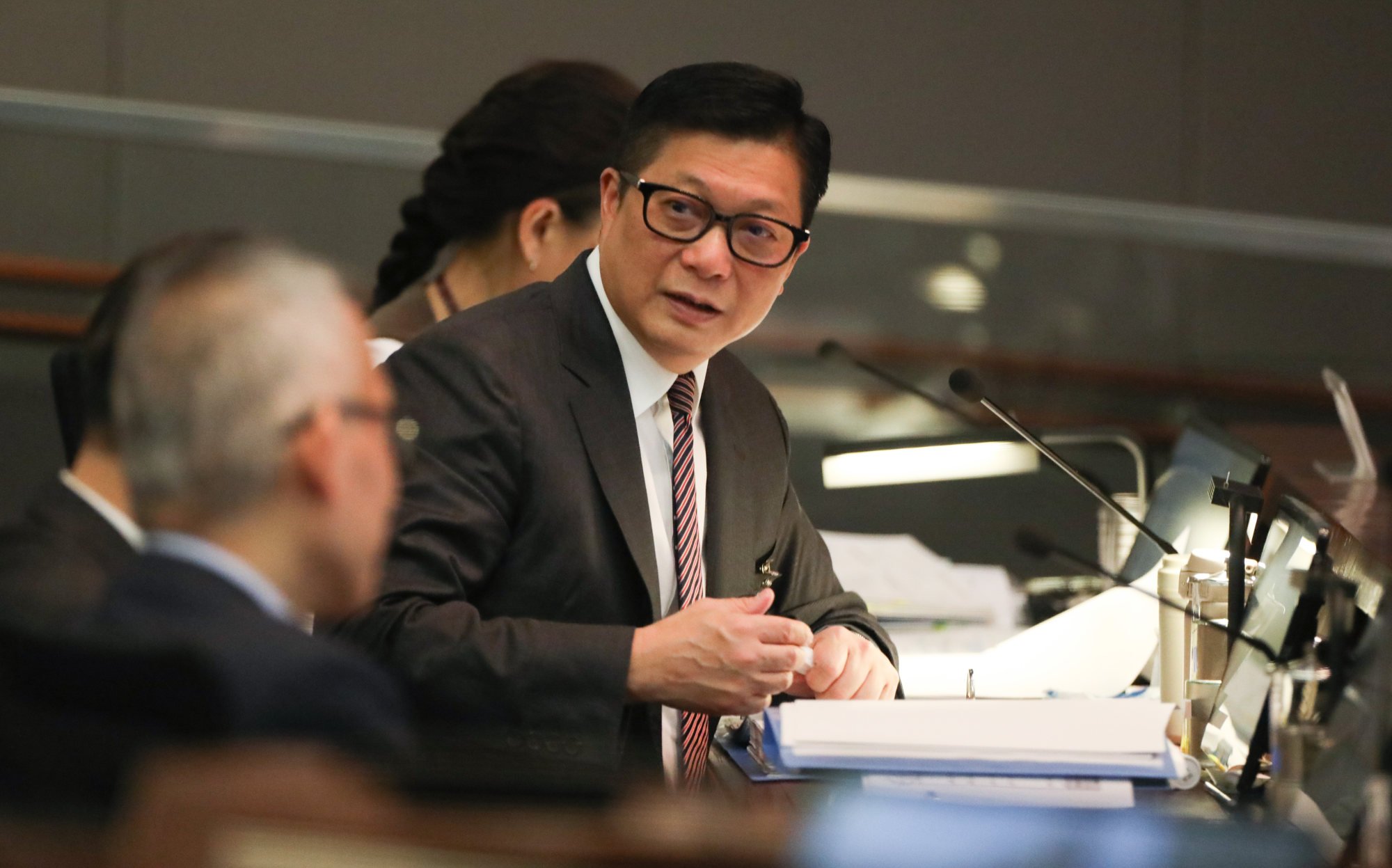Hong Kong bureau of Washington-funded Radio Free Asia may quit city as domestic national security legislation comes into force
The insider predicted that the station would be out of Hong Kong by the end of March.

The source said that the broadcaster had already informed staff of its plan to leave Hong Kong in late February, with its office to be handed back to the station’s landlord in mid-April.
Another source familiar with the situation said staff had not been told the reasons for the relocation.
A third added there had been several staffing changes since the enactment of the 2020 Beijing-imposed national security law.
Two reporters were moved to Taiwan 18 months ago. Both cover mainland China, although one of them also covers Hong Kong news.
Hong Kong lawmakers finish reviewing all 181 clauses in Article 23 bill
Radio Free Asia has in the past been criticised by the city’s security secretary Chris Tang Ping-keung for its coverage of the proposed domestic national security law.
Tang last month slammed the station over “false” reports that the legislation was designed to target the media.
“We note that reports on Radio Free Asia, which is funded by the US government, mention that some of the offences under Article 23 target the media,” he said. “It is wrong, and false.
“We only target those who could pose threats to national security.”
The news came as the Legislative Council holds a series of marathon meetings to scrutinise the domestic national security legislation, which was gazetted on March 8.
All you need to know about Hong Kong’s domestic security law
Legco is expected to vote the law on to the statute books soon after the clause-by-clause debate finishes on Wednesday.
The city’s own legislation is a requirement under Article 23 of the Basic Law, Hong Kong’s mini-constitution.
The present bill was designed to supplement Beijing’s 2020 national security legislation, which criminalised acts of secession, subversion, terrorism and collusion with foreign forces.
The five new offences in the Hong Kong bill include treason, insurrection, incitement to mutiny and disaffection and acts with seditious intention, sabotage, theft of state secrets, and external interference.
A 2003 bid to pass a home-grown national security law was ditched in the face of massive public protests.
Additional reporting by Elizabeth Cheung